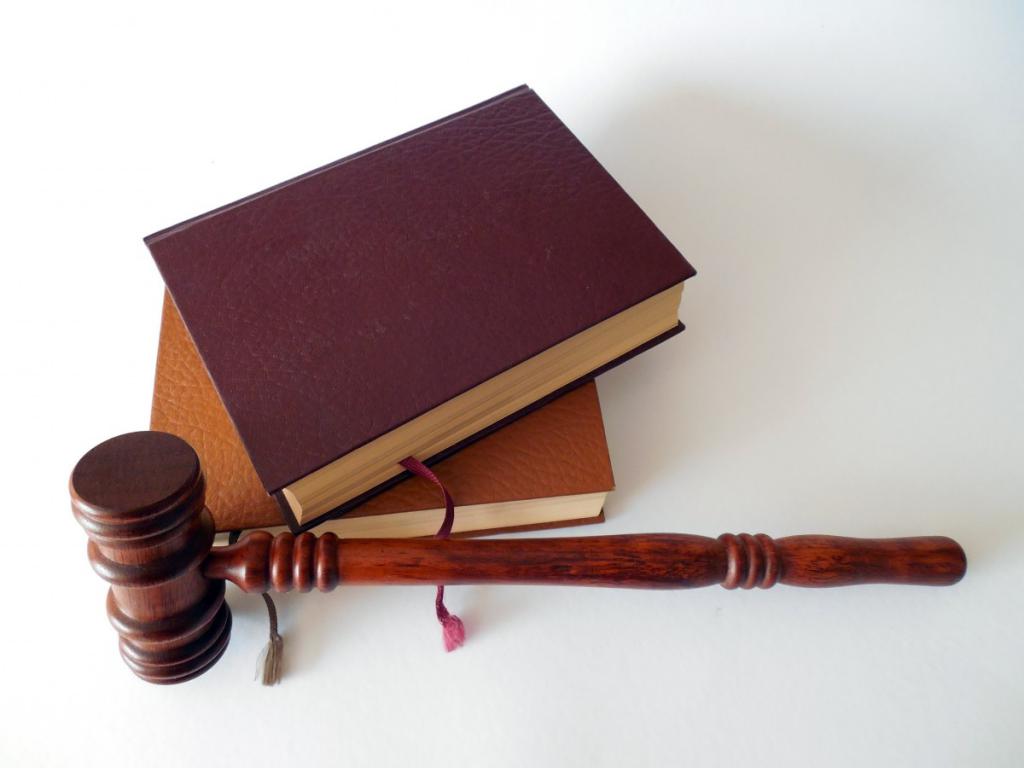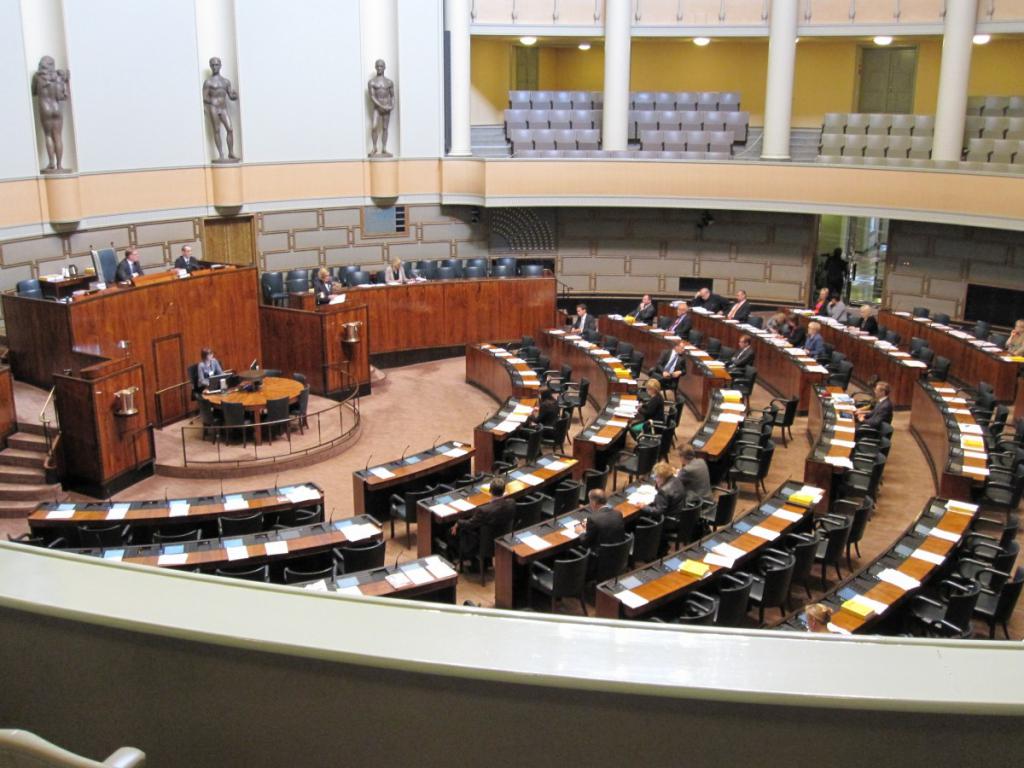This article will examine the question - what are the basic principles of combating corruption. This term - corruption - is interpreted as malpractice, transfer or receipt of a bribe. It is known that corruption impedes the development of civil society and the general economic growth of the state.
If we eliminate the state, we eliminate corruption (Gary Stanley Becker)
What is corruption?
The term corrumpere appeared in the teachings of the law of ancient Rome and was designated as “breaking”, “bribing” or “destroying”. Initially, the word was used in judicial practice to indicate offenses during the bribery of judges and the transfer of bribes to them. It was formed from the following Latin words:
- correi - several persons participating in any judicial or public process;
- rumpere - cancel, break, destroy.
As a result, a separate term was formed, which meant the action of two or more persons who impeded judicial or other trials.

How is corruption defined in international law? In accordance with the UN document establishing methods to combat this social phenomenon, corruption is an abuse of state power to obtain benefits in their own interests.
The definition in the legislation of Russia, in principle, is quite identical with this. Corruption is understood as giving and receiving a bribe, bribery, abuse by employees of their powers, official position and other illegal actions against the interests of the country and citizens in particular. Bribes can be of various forms - money, valuables, property, services, the acquisition or transfer of any rights both for themselves and for third parties - in general, everything that is done to acquire undue profit. The Law on Combating Corruption stipulates that corruption can be carried out both by individuals and on behalf of enterprises - legal entities.
Normative base
What norm governs what applies to the principles of anti-corruption in the Russian Federation? First of all, this is Law No. 273-FZ, which is called “On Combating Corruption”.
It establishes the legal framework for the prevention of corruption, as well as questions on its organization. The main objective of the regulatory document is the elimination and / or minimization of the consequences of these offenses, as well as their prevention. So, in accordance with the legislative act, anti-corruption is an activity that is carried out to:
- prevention - identifying possible causes, their elimination;
- anti-corruption - the identification of offenses already committed, their suppression, investigation;
- liquidation of consequences or their minimization from the offenses committed.
The above measures are carried out by state institutions at various levels of management: federal, regional level, local government institutions, other enterprises, as well as citizens acting within their powers.

Also, responsibility for acts of a corrupt nature is reflected in international conventions, for example, the convention on criminal liability for corruption, adopted in Strasbourg (France) in 1999. Also included in these international standards are the UN Convention and the Convention for the Suppression of the Payment of Bribes to Foreign Officials of 11/21/1997.True, the last document applies only to countries included in the Organization for Economic Cooperation and Development, of which Russia is not yet a member.
The principles of anti-corruption in the Russian Federation are taken into account in the Constitution - the main law of the country, as well as in the codes - criminal, administrative and labor.
For civil servants, a presidential decree dated 08/12/2002, No. 885, governs the general principles of their behavior in public institutions. In addition, civil servants in their activities should be guided by the Code of Ethics and Official Conduct. This is a code in which, among other aspects, rules are established for the prevention of corruption factors in their performance in government.
In the standards of the judicial industry, one can single out the decision of the Plenum of the Supreme Court of the Russian Federation No. 19 dated October 16, 2009, which reflects the judicial practice of cases of a corruption nature and abuse of power.
Basic principles

Anti-corruption is based on the following principles - special and general. They are specified in law 273-FZ on activities to eliminate and prevent corruption.
What anti-corruption principles have a common legal meaning? These include fundamental, basic provisions of law, for example, the principle of legality, publicity and openness of the activities of state bodies, the existence of responsibility for corruption, the constitutionally enshrined principle - ensuring and protecting the rights and freedoms of people and citizens.
With regard to special rules relating specifically to combating corruption, this is the principle of an integrated approach of legal, social, economic, political and other measures; the principle of using measures to prevent corruption as a priority method; interaction of state bodies and civil society institutions (political parties, trade unions, associations and others); interaction of government bodies with international enterprises and individuals.
The above principles are presented in article 3 of the federal law. These provisions are fundamental in the overall system of measures against corruption in the country. The law only declared the provisions, but their content is not specified. In this regard, we consider each of the principles in more detail.
The principle of recognition and guarantee of rights and freedoms

These rules are established in article 2 and in the second chapter of articles 17-64 of the Russian Constitution. They are fundamental among the obligations and guarantees of the state to man and citizen. The principles of observance of rights and freedoms should be taken into account in any activity of public administration, respectively, and in the field of combating corruption violations, too.
In the course of the implementation of measures against corruption, the state must ensure equal conditions for persons exposed to these measures, regardless of their gender, age, origin, nationality, ideology / belief, property status, position and other criteria.
Rule of law
What is the rule reflected in? First of all, this principle implies a specific legal form for anti-corruption regulations. Regulatory acts define standards of conduct that are considered corrupt and establish appropriate restrictions or obligations.
Legal documents can be of various types, contents and spread their effect at different levels. For example, at the state level, these are laws, presidential decrees, government decrees, etc. At the international level, this is the UN Convention against Corruption and other conventions. At the regional level - these are the laws of the subject, decrees of heads and governors, orders.
Among other things, each state-owned enterprise also approves regulatory legal documents that reflect their anti-corruption policies, create standards for employee behavior and convene special commissions.
The principle of legality is enshrined in the fact that officials engaged in the elimination, prediction or suppression of corruption must have the appropriate competencies and powers.
And finally, legality is expressed in bringing to responsibility, enshrined in regulatory legal acts. However, the rights and interests of citizens should be fully respected.
The principle of openness of state and regional institutions

The basic principles of anti-corruption in the Russian Federation also include transparency and publicity of institutions in the field of state and municipal government. Two aspects of the reflection of these provisions can be distinguished:
- The degree of openness of the activities of organizations to combat corruption is expressed in the level of citizen participation in addressing these issues, as well as in the level of public control and monitoring of the state apparatus, in particular, their activities to combat corruption factors.
- The public nature of the activities of state or regional institutions is reflected in the degree of publicity for violations of the law in the field of corruption, the degree of their publicity.
The principle of inevitability of liability for corruption violations
How to measure the degree of implementation of this principle of combating corruption in the Russian Federation? The indicator is reflected primarily in the activities of the prosecutor's office, the Ministry of Justice of the Russian Federation and other law enforcement agencies authorized and conducting investigations of corruption offenses.
One of the main aspects for the implementation of this principle at the proper level is the training of highly qualified personnel. They should be able to carry out the tasks of identifying, revealing, suppressing and preventing corruption offenses, despite the fact that these violations are very latent.
The principle of an integrated approach, including informational, political, economic and other measures

Corruption as a kind of social disease harms the entire organization of social relations. It is expressed primarily in the redistribution of material resources, the excess of authority established by the job regulations.
One of the solutions to this problem is the formation of a state system in which the redistribution of funds is fair and effective from the point of view of society. This task requires the involvement and complicity of all sectors that affect the social aspects: from regulatory to informational and journalistic.
The principle of priority of measures aimed at preventing and preventing acts of a corrupt nature
This principle includes all daily methods of work, in which intolerance to manifestations of corruption is brought up in society. These measures are also aimed at increasing the prestige of the civil service, creating the conditions for their stable work, training new generations of employees in the civil service.
The provisions for the prevention of corruption are the basis for the creation of normative documents on the civil service. Laws, regulations and other regulatory sources in the field of state and municipal administration should not have corruption "tips" and encourage civil servants to make arbitrary legal decisions. The implementation of this principle of combating corruption also affects the mentality of society and citizens, their attitude to institutions of power.
The principle of interaction of state institutions with public and international institutions, individuals

This principle implies the development of civil society institutions, such as public associations, communities, trade union committees and others. The state should take into account the principles of democracy, the activities of state authorities must be transparent and open for monitoring and control of public institutions, and freedom of citizens in the form of party pluralism must be ensured in the country.
What measures should be taken for this? State institutions need to create conditions for legal education, as well as attract public attention to any violations of a corrupt nature. Also, the development of international cooperation (both bilateral and in organizations of several countries) on activities against bribery in international transactions can be productive. It is necessary to take into account the implementation of programs to eliminate these offenses in the countries that use them most successfully.
The principle of science and efficiency
These anti-corruption principles are not enshrined in Russian law, but they can also be mentioned.
Scientificness is a kind of monitoring of corruption factors in the whole country and in certain regions. These studies should be carried out at the legislative level and by the most competent specialists. Monitoring is conducted to identify the degree of “infection” with corruption, in order to then develop, adjust and implement preventive preventive programs and measures to eliminate bribery.
Efficiency is reflected in the timely response of state structures to signals or certain forecasts for the identification of corruption factors, thereby increasing the effectiveness of preventive and liquidation measures.
Conclusion
This article examined what relates to the basic principles of anti-corruption. It can be noted that actions to combat such a social phenomenon as corruption should be carried out in all spheres of society.
First of all, the responsibility for the implementation of anti-corruption policies lies with public servants who perform the functions of executive, representative and judicial authorities. An important role in the elimination and prevention of corruption factors is provided to the country's civil society. So, you can get a real result in the fight against corruption only by combining the efforts of public organizations and state, administrative bodies.
